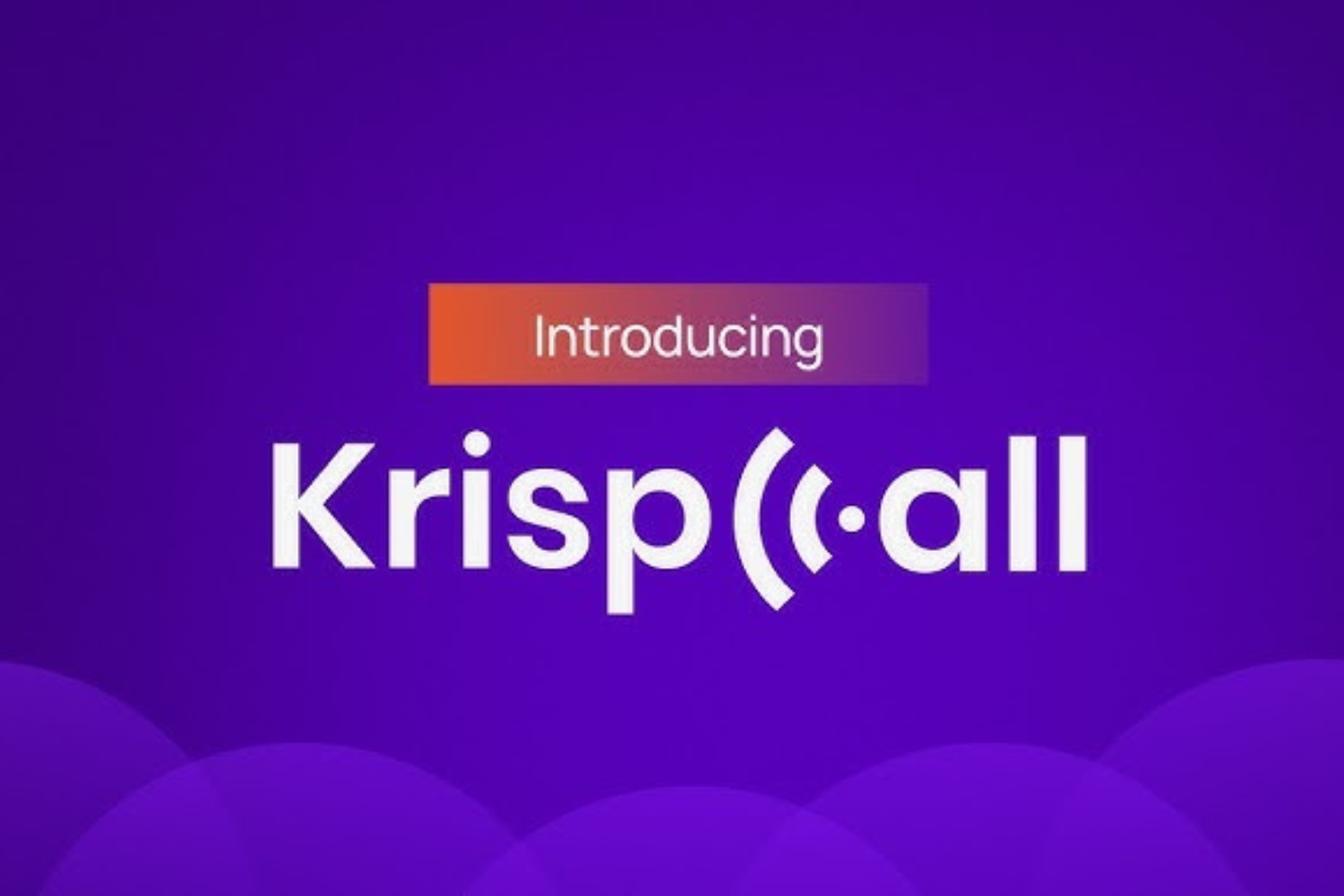When we talk of ISP Tracking, it’s when an internet service provider has access to all your browsing data without your consent. And it’s a harsh reality that dismantles all the privacy concerns we have whenever we are surfing the internet.
This shouldn’t be that surprising given that all your Internet activity is done via your ISP. Making it very difficult for you to hide anything from them. ISPs can log connection data whether you’re using your home computer, gaming console, or your mobile device.
It’s pretty obvious – because your privacy is in danger. Nothing you do online is just between you and your browser – there’s always somebody keeping an eye on things. Besides just being a huge invasion of your privacy, it also feels rather creepy, wouldn’t you say so?
Fortunately, there are ways to protect your privacy and internet data from this overzealous tracking by internet service providers. Let’s discuss what this practice is all about, its purpose, and some of the affordable solutions that will help you regain your online anonymity.
What Is ISP Tracking?
ISP tracking happens when your Internet service provider (ISP), monitors, and harvests data from all your online activities. This monitoring and data collection is an automated process that enables providers to track and spy on thousands of internet users at a go. Not to mention you’ll start getting bombarded with “personalized” ads. Maybe some of you don’t mind that.
But you have to agree that having your online behavior tracked by advertisers just feels plain wrong. What’s more, if you download torrents, you might end up in legal trouble. Notably, there are internet service providers in Kenya that you can choose to get unlimited connections. Keeping in mind, fast internet connections are more desirable but even more, reliability.
And for most professional applications, the internet should have a high bandwidth of at least 10 Mbps. For instance, if you spend hours gaming, downloading, or streaming, your bandwidth might be throttled. Besides that, whenever you’ll be traveling abroad and using the Internet through WiFi networks instead of your own data plan, foreign ISPs will get access to your personal data too.
Yes, that pretty much means that if you vacation in the UK and use WiFi there, your personal information will be logged by one of their ISPs and sold off to the highest bidder.
ISP Tracking Data Target
By default, your Internet Service Provider can look over your shoulder and see everything you are doing online. They can, therefore, collect any data relating to your browser history, or the number of IoT devices on the network.
Sometimes, they also collect data about the websites you visit. As well as the time spent on these pages, apps, geographical location, shopping habits, and so on. And by all means, if you’re visiting unencrypted websites, the ISP may see more details too. Such as email conversations, voice notes, text logs, images, photos, passwords, and other confidential user data.
In that case, all your Internet traffic passes through your ISP. Meaning that they can see pretty much anything you do online – especially if the websites you access are unencrypted (use HTTP instead of HTTPS).
Your ISP can see:
- Your online searches
- Unencrypted email conversations
- Social media data
- Passwords and form information you have typed into an unencrypted website
- Which websites do you access
- Any files/torrents you download
- Cryptocurrency transactions
- Your geo-location when using a mobile device
All I will explain to you, later on, one of the best ways to stop ISP tracking is to encrypt your online traffic. This way, when an ISP tries to monitor what you do online, they’ll only see gibberish. They will know that you are using encryption, but nothing else.
Why Do ISPs Track Data?
Before choosing Internet Service Providers, it is helpful to take into consideration an array of factors that are not limited to the cost. Therefore, regardless of the types of internet service providers. For example, before subscribing to an ISP of your choice, it is always a good practice to ask whether the internet is fairly shared or dedicated.
First of all, to find out the internet speed, access the website speedtest.net and do multiple tests to confirm the signal strength and make an informed choice. It’s also advisable to check if the internet service provider offers extra services that can potentially subsidize subscription costs.
Related Topic: Internet Service Providers In Kenya | 6 Topmost Suppliers
Then, secondly, check if the ISP cover phone, Television, and internet services. Obviously, because this is a good way to save more and lower your expenses while accessing your services reliably.
And even with advanced technology, internet connection continues to pose many risks to its consumers. When connected online, a business becomes vulnerable to cyber threats which may sometimes be costly to deal with. Now, you may be asking, why do they need my data anyway?
One of the 4 main reasons why ISPs do this is selling data, bandwidth throttling, data retention/censorship, and P2P monitoring. Below are the main reasons why ISPs track your data.
1. Selling Data
Internet service providers can make a lot of profit selling data they have collected to advertising companies. These companies can then use complex algorithms and targeted advertising to carry out a thorough analysis of your buying habits and Internet browsing habits to find more effective – but highly intrusive – ways to market to you.
Thus, they do so to sell your user data to third parties/advertisers. Bearing in mind, user data is a valuable asset for third parties especially advertising companies. And as such, making this data available to the companies is a profitable venture for internet service providers.
Being in business, they will therefore go to all extents to get this data by monitoring and tracking your internet activities. Your browsing habits are important for marketers. Simply, because they can channel customized ads that match your preference based on the latest searches or browsing habits.
In many countries including the US, the sale of user data by the ISPs is deemed acceptable. Nothing much can be done even at the corridors of justice.
2. Bandwidth Throttling
Bandwidth throttling is intentionally slowing down your internet speeds depending on the websites that you are visiting. While not all ISPs do this, some of them might rely on user connection data to enforce bandwidth throttling – the intentional slowing down of user speeds.
And while many ISPs claim that throttling is meant to decongest a network connection, many are times when this is only a malicious attempt to destabilize your internet use. And probably prompt you into subscribing to a ‘faster’ internet plan that is more pricey.
Although they might claim they do that to decrease network congestion and to offer better services, the truth is most ISPs use bandwidth throttling. Mainly, as a way to “convince” users to either upgrade to a pricier subscription or just pay for a bigger, more expensive data plan.
3. Data Censorship
Also known as censorship, when we talk of data retention, ISPs across the world are required to store customer data for a specified period depending on the laws of a country.
Doing so makes the information easily accessible to the security agencies should they need it for security procedures such as mass surveillance programs. This kind of trawling is used by the government of China to judge the integrity of its citizens based on their online behavior.
Though data retention may be a good move for tracking and combating crime, it may also end up exposing the personal information of ordinary citizens. This might see them become victims of harassment by the different authorities of a country.
4. P2P Monitoring
ISP tracking is also used for P2P monitoring in countries where torrenting is prohibited by the law. The ISP is therefore tasked with collecting and sending all user torrenting data to the agencies responsible. Users who contravene anti-torrenting laws are hit with dire legal actions or heavy fines.
But, file-sharing isn’t legal in all countries. And in places with strict copyright regulations, ISPs need to monitor their users’ connections to make sure they don’t engage in torrenting.
If caught using torrenting services, many ISPs give you a warning. If you are still defiant, you may find yourself ending up in court for prosecution depending on the content you are downloading. For instance, in Finland, downloading copyright content is illegal and subject to a fine.
How To Protect Your Privacy Against ISP Tracking
While that is important when we consider things like anti-terrorism and preventing/solving crimes, it also means that many journalists or whistleblowers are unable to retain their anonymity. What’s more, government surveillance agencies can’t always be expected to act in an ethical manner.
The sad reality is that, in an age of unprecedented global surveillance, it is highly likely that many ordinary citizens are being monitored for no good reason. After all, Edward Snowden’s leak of secret files revealed the extent of government surveillance worldwide.
Related Topic: Search Engine | Why is It so Important to Webmasters?
The NSA, working with governments around the world, has been carrying out mass surveillance of citizens in the US and beyond. They used a number of ways to access private Internet data from millions of people.
But, one of their key methods was requesting information directly from ISPs. So, how do you stay safe and secure? Well, below are some of the methods to help you hide your online activities from your ISP.
1. Use A Paid VPN
By all means, encrypting your internet traffic is the best way to stop ISP tracking. Using a Virtual Private Network is one of the reliable ways of achieving this encryption. This privacy tool greatly helps you achieve online anonymity.
Through actions such as virtual geo-relocations, masking IP addresses, and encrypting user data. So that it becomes invisible to all third parties including the internet service provider. Furthermore, using a VPN app helps you stay safe while on the go.
It helps protect your privacy when you connect to other unsecured and shared networks such as public WIFI. Ensure that you subscribe to a paid VPN service like ExpressVPN first. It negates the whole point of keeping ISPs tracking at bay.
Also, bearing in mind, some free VPNs collect data and sell it to advertisers, analytics, and other third parties. This, as a way to support their existence.
2. Use A Privacy Search Engine
You can also protect your privacy by using some of the lesser-known private search engines. Such as Startpage or DuckDuckGo in order to disconnect search. Unlike the popular search engines, these browsers come with transparent consumer privacy protection features.
You can also secure your privacy by using Tor (the onion router). This browser routes user data through many servers located all around the world. The servers, also known as nodes, keep on changing. This makes it difficult for ISPs to track where the original data is coming from.
It is prudent to install a VPN before downloading the Tor browser, else, your ISP will still see that you accessed and downloaded the Tor Browser.
3. Limit Your Browsing To HTTPS Websites
HTTPS websites are encrypted. Although they do not guarantee 100% anonymity, they make it difficult for the ISP to track your exact internet activity. To put up a dependable shield against ISP tracking, use a VPN alongside this secure browsing habit.
To ensure that you are only visiting the HTTPS websites, you can install the HTTPS Everywhere browser extension. The extension ensures that all the visited connections are SSL/TSL encrypted.
4. Adjust Your PC Domain Name System (DNS)
By default, PCs are configured to use an ISP’s DNS. This is a numerical and machine-friendly address. You can change the default setting to a third-party domain name system, for instance, Open DNS. This configuration limits your ISP from seeing all your browsing activities.
In a nutshell, there is no way to ascertain whether your internet service provider is tracking you or not. Or rather, to what extent. However, there is a sure way of stopping any internet provider from monitoring your web activity.
Related Topic: How a Web Browser works | A Simple Step-by-step Guide
Finally, we hope the above guide was helpful to you. But, if you’ll need more support, you can either Contact Us or even leave your questions in the comments section. Don’t also forget to donate in order to help us bring forth more and more tangible and valuable content in the future.





Hello there, I discovered your site by means of Google even as looking for a similar subject, your website got here up, it appears to be
like great. I’ve bookmarked it in my google bookmarks.
Hello there, simply turned into alert to your weblog thru Google, and located
that it is truly informative. I’m gonna be careful for brussels.
I’ll be grateful in case you continue this in future. Numerous other people shall be benefited out of your writing.
Cheers!
Thanks so much for your thumbs up!
We are so happy to have you on board!
You made some clear points there. I looked on the internet for the topic and found most guys will consent with your site. Gail Cosmo Theo